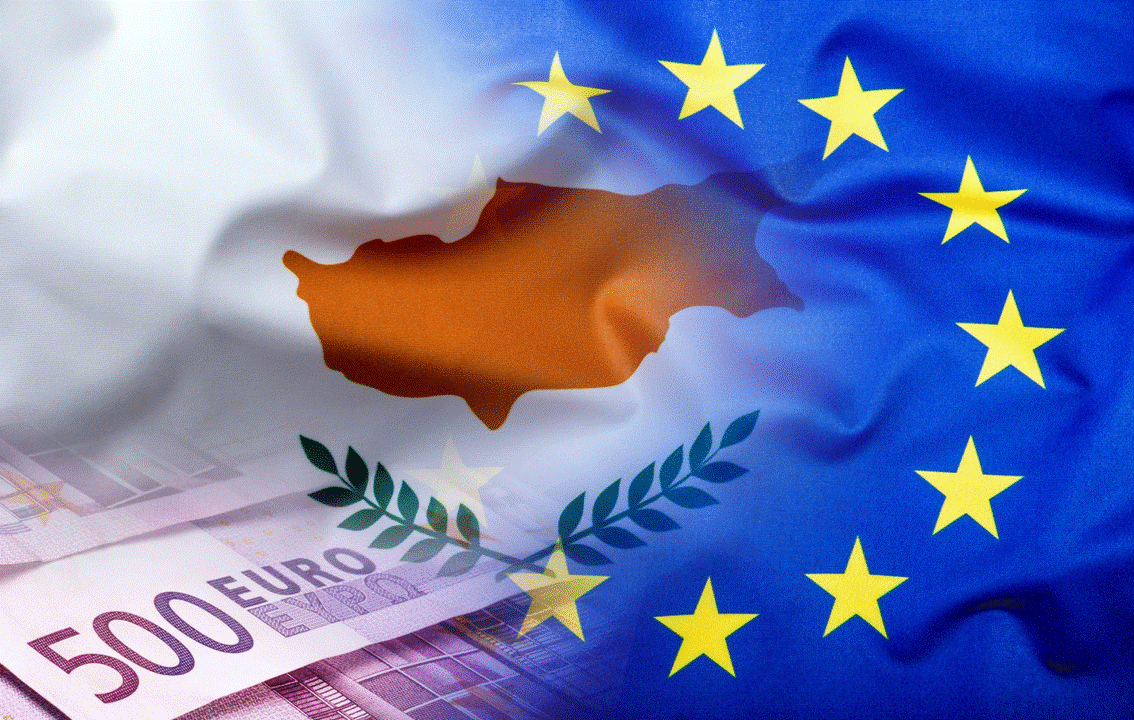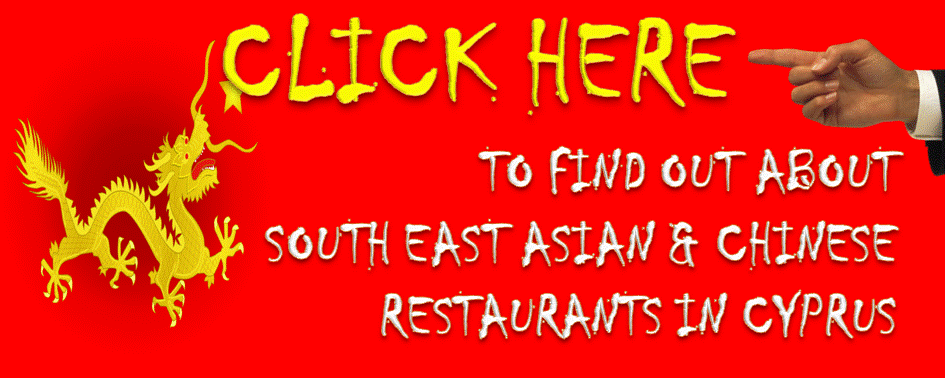A EUROPEAN IDEA
A FOUNDATION LAID 75 YEARS AGO
The pioneers of the idea of a European Union, Robert Schuman and Jean Monnet, laid the foundation of the European edifice 75 years ago. They did this upon the ruins of two world wars, and their main incentive at the time was to create an environment that would repel any future European conflicts.
A NEW POLITCAL UNION BASED ON THOROUGH COOPERATION
Many believe that this has largely been achieved and that today the union of European states represents a political union that is based on thorough cooperation. With this in mind, the union today advocates unity, solidarity and action. In light of this, the majority of Cypriots regard the European Union as the most important collective achievement in Europe since the age of enlightenment.
A GREAT ACHIEVEMENT
It is regarded by many that membership of the European Union has undoubtedly been the greatest achievement of the Republic of Cyprus since its inception in 1960. Many believe that the island’s accession in 2004 remains its most important political and diplomatic success.
UNBREAKABLE TIES
The island’s European membership has indeed created unbreakable ties between Cypriots and the rest of the peoples of Europe. It has also institutionally and politically strengthened the Cypriot state, which has unequivocally embraced the union over the last 21 years. The island’s position has been strengthened at both regional and international levels as a result, giving Cyprus a voice with regard to both regional and international affairs.
A SERIES OF ACHIEVEMNTS
The achievements that have been made on the island because of its accession to the European Union are numerous, and these can be observed in everyday life on the island. It is apparent that Cyprus, since its accession, has both modernised and upgraded its infrastructure using mainly European funds. The island nation has also introduced several European derivatives to its legal system, which have strengthened the rule of law and the rights of its citizens across the island. Free unlimited access to European markets has also resulted in the promotion of entrepreneurship and the island’s social model in key sectors, such as health has also improved. This has directly led to the island’s first government-sponsored health service, known as GESY.
AN ELEVATED CYPRIOT POLITICAL AGENDA
The European Union has also elevated the Cypriot political agenda. Cyprus, as a result, is currently using its European status to strengthen relations with the countries of the wider Middle East. As the union’s easternmost bastion, Cyprus not only has an important role to play moving forward as a stable and reliable partner, but also as a bridge between the European Union and the greater Middle East.

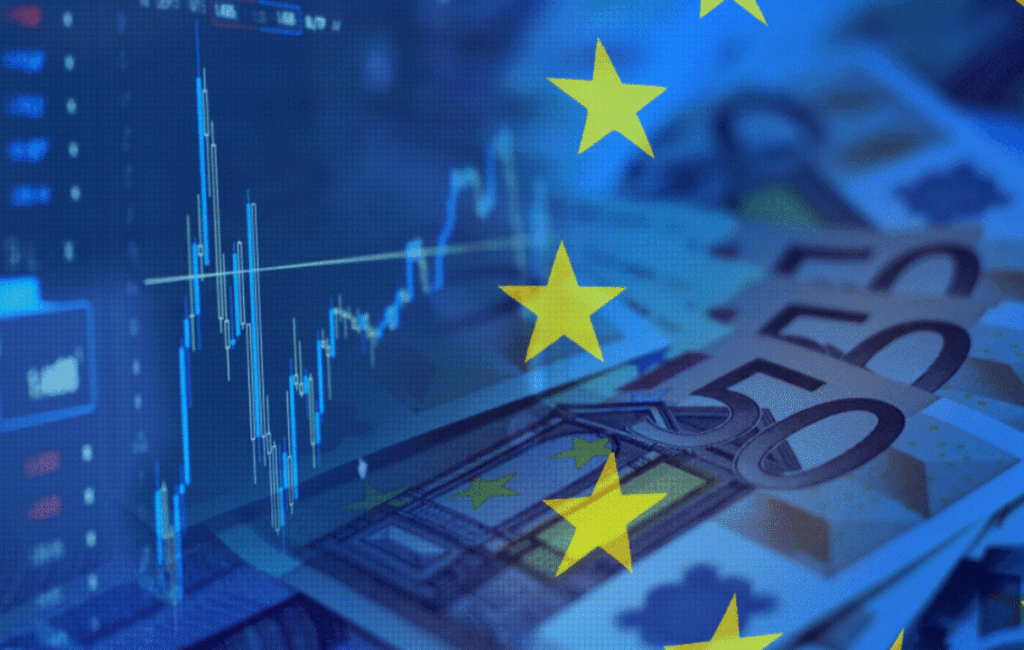
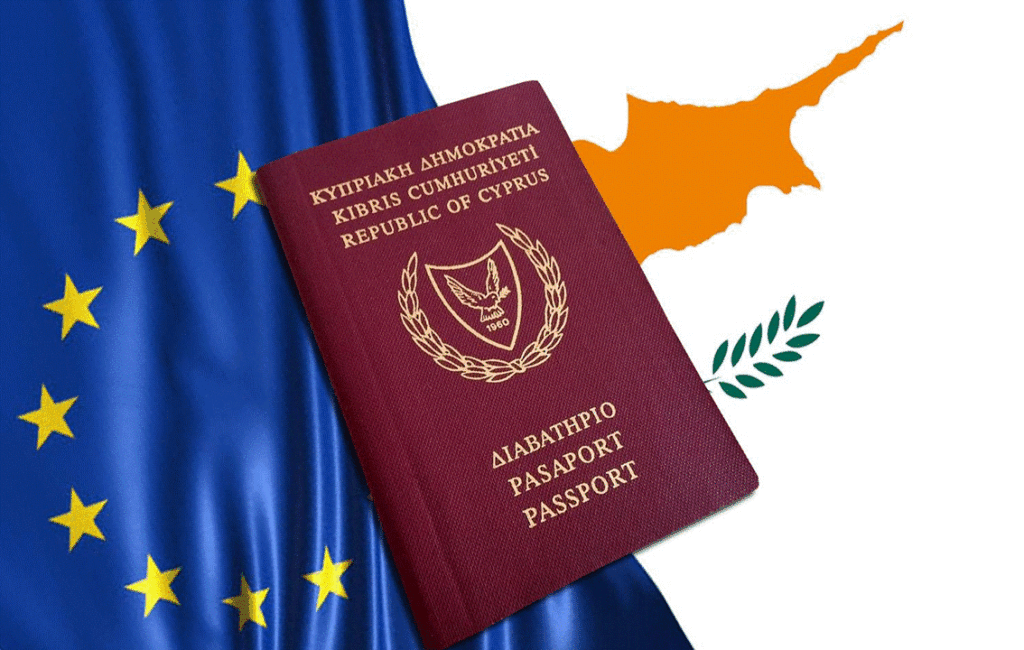
EUROPEAN IDEALS & CYPRUS WILLS
THE REPUBLIC OF CYPRUS
The Republic of Cyprus has been a member of the European Union since 2004. During this time, the island’s relationship with the European Union has continued to evolve and develop constantly. The European Union has had a profound impact on the island’s economy, political landscape, and society, and the country’s membership has provided numerous opportunities and benefits. On the other hand, however, it has also posed several challenges and unique complexities that have required both careful management and strategic engagement.
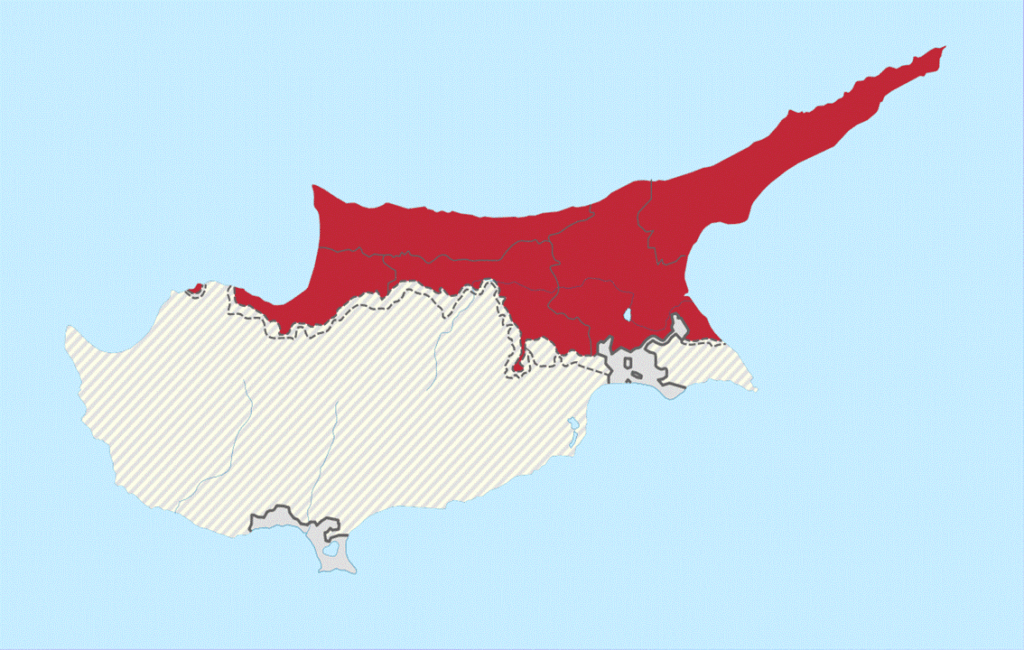
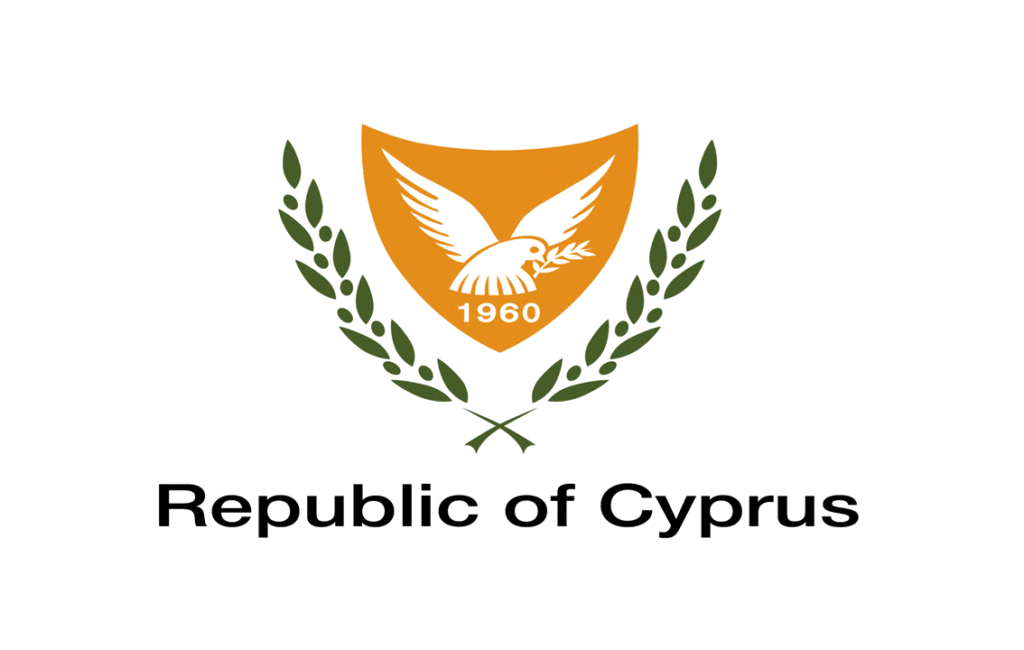
ONGOING DIVISION
Cyprus has been a divided island since the Turkish invasion and then subsequent occupation in 1974. This ongoing division and the unresolved Cyprus problem continues to be a source of tension within the European Union and it is not easily forgotted that the Republic of Cyprus vetoed the European Union’s solution to the problem. Cyprus as a whole was accepted into the European fold, and the de-facto Turkish Cypriot area in the north, also gained membership in 2004. Its membership, however, was immediately suspending pending a permanent resolution. Brokered by the European Union, this resolution came in the form of the posthumous 5-point Annan Plan. This was later rejected by the Republic of Cyprus using its right to veto and this is how the situation has remained ever since.
A EUROPEAN ECONOMY
Since joining the European Union, Cyprus has undergone significant economic reforms and modernisation. The island has become an important financial and business hub in the Eastern Mediterranean. One of the most significant benefits of European Union membership has been its access to the single market. This has facilitated its trade and investment and has promoted economic growth and development all over the island.

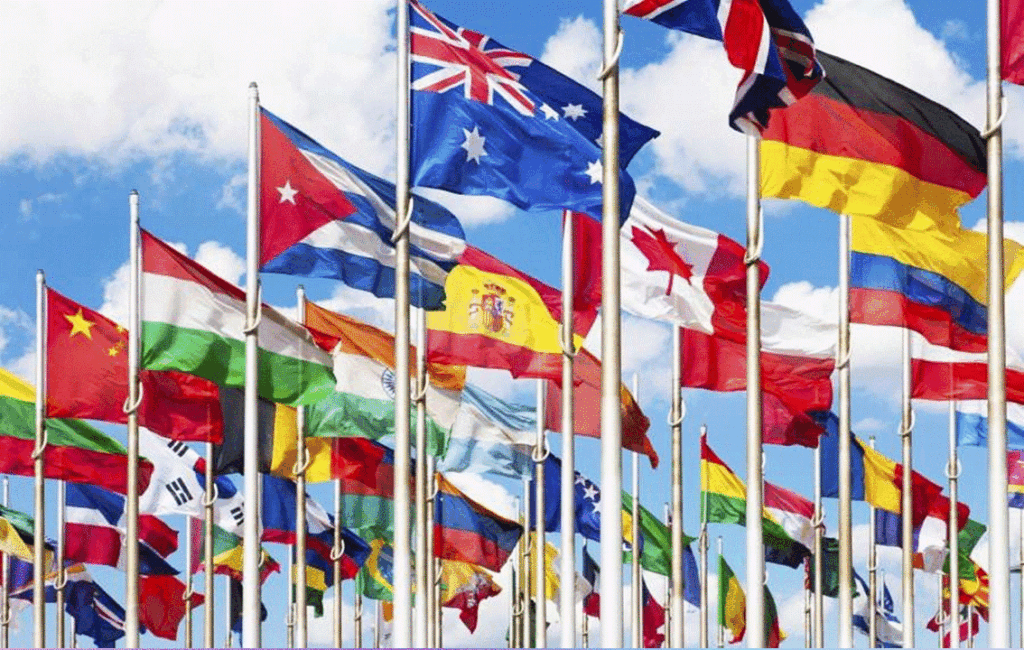
BROADER FOREIGN POLICY INTERESTS
Cyprus has had to navigate complex geo-political dynamics and regional tensions in its relationship with the European Union. The country’s proximity to the Middle East and its strategic location in the Eastern Mediterranean have made it a key player in regional politics and security. It has also had to balance its European Union commitments with its broader foreign policy. The discovery of natural gas reserves in the Eastern Mediterranean has also raised questions about energy cooperation and added a new dimension to its relationship with the European Union and its neighbours.
ADDITIONAL CHALLENGES
Cyprus has recently faced additional challenges. These are directly related to the global economic crisis, the stark increase in migration and asylum seekers, and the COVID-19 pandemic. These problems have had a significant impact on the country’s economy, sociology, and public health. These collective issues have tested the resilience and capacity of Cypriot institutions and governance. The European Union has provided support and assistance to Cyprus in addressing these challenges, advocating a need for a greater cooperation and solidarity with the island.
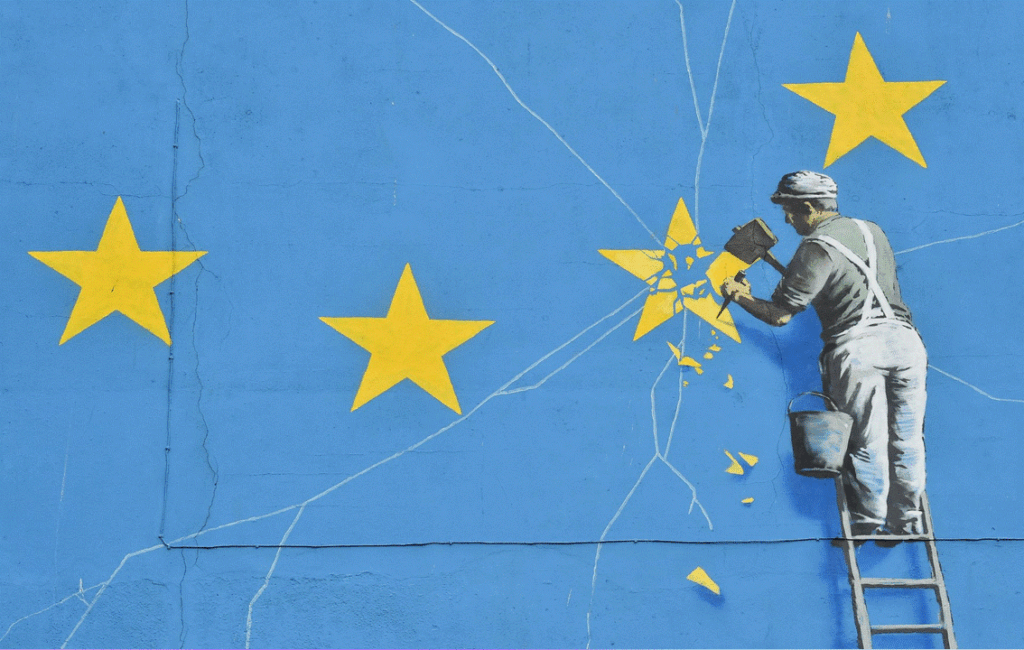

EUROPEAN FUNDING
The European Union has provided funding for a number of infrastructure projects, environmental protection, and regional development all over the island. The European Union has also promoted the modernisation of Cyprus’s public sector by strengthening the country’s institutions and regulatory framework, ultimately boosting the island’s economic development.
POLITICAL & SOCIAL DEVELOPMENT
Membership of the European Union has also had a significant impact on the island’s political and social development. The country has adopted European laws and regulations, and it has implemented various reforms to align its legal and administrative systems with European standards. The European Union has also promoted the protection of human rights, the rule of law, and democratic principles in Cyprus, and it has supported efforts to strengthen the country’s democratic institutions and civil society.
COMMON EUROPEAN CHALLENGES
The European Union has supported Cyprus’s efforts to address common European challenges. These include migration, security, and environmental protection. The European Union has promoted dialogue and cooperation between Cyprus and its neighbours in the Eastern Mediterranean and has facilitated greater cooperation and integration between Cyprus and other European Union member states. As a result, the country has participated in various European Union programs and initiatives, exchanging partnerships with a number of other European countries.
THE EUROPEAN PROJECT
Cyprus’s European Union membership has been a transformative and dynamic process that has shaped the country’s identity. European Union membership has also forged a new future for the island within the European family. Cyprus’s relationship with the European Union is likely to continue to evolve and develop in response to ever-changing geo-political, economic, and social dynamics. Cyprus has managed to navigate its relationship with the European Union in a way that has promoted its national interests and values while contributing to its broader goals and objectives. This has allowed Cyprus to firmly become an intricate part of the European project and find itself at the forefront of European affairs.
